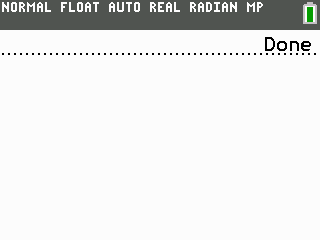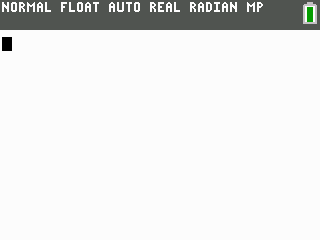I have it as well, just too lazy to bother with it, and 20 seems like a good number of equations to clear for warm up to the marathon mode.
Edit:
Alright, in theory, I have this set up to choose math symbols at random, then decide values and change them until it gets a whole number (don't want to have to worry about decimals). I'm going to need to set up an empty box for the math symbol to show up in that is entered.
So, all that should be left is:
Display of the equation
Gather key input and compare
Verify which mode, cap at 20 questions
Verify which mode, end game at first mistake
Compare and generate high score table
In theory, not that much work.. Hopefully a demo will be available tomorrow!
Hopefully a demo will be available tomorrow!
Edit:
Alright, in theory, I have this set up to choose math symbols at random, then decide values and change them until it gets a whole number (don't want to have to worry about decimals). I'm going to need to set up an empty box for the math symbol to show up in that is entered.
So, all that should be left is:
Display of the equation
Gather key input and compare
Verify which mode, cap at 20 questions
Verify which mode, end game at first mistake
Compare and generate high score table
In theory, not that much work..




















